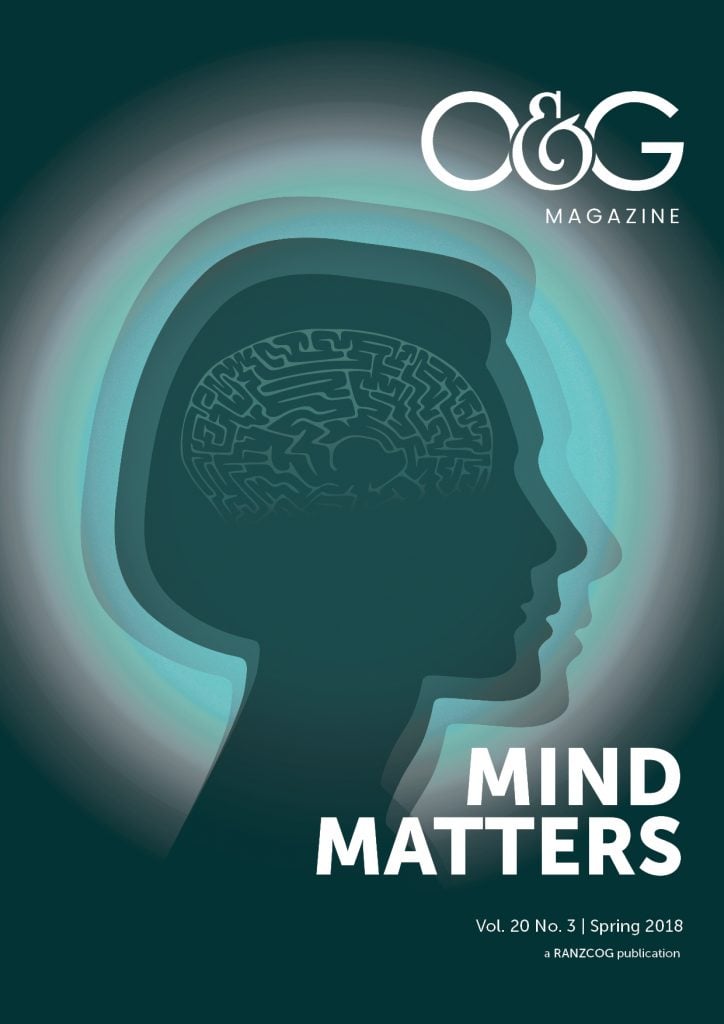Getting a good, healthy start in life is essential for our children. Best-practice care for mothers during pregnancy is vital to ensure the best possible outcomes for mother and baby. It is not just about the postnatal period, it is also about the pregnancy and the birth itself.
Our health system provides excellent care for mothers and babies. In maintaining high quality of services, it is important to ensure that clinical practice reflects current research and best practice.
To assist health professionals in staying abreast of current recommendations for practice, the Australian Department of Health has released a revised version of the Pregnancy Care Clinical Practice Guidelines.
The 2018 edition of the guidelines combines Module One and Two of the Antenatal Care Guidelines, published in 2012 and 2014 respectively. A number of chapters were reviewed and updated in 2016–17 for this edition, in accordance with the National Health and Medical Research Council (NHRMC) requirements for guideline development.
The 2018 edition comprises the first part of a rolling review of the guidelines, with the second stage to be completed next year. The guidelines reflect the latest scientific evidence and changes in the health environment. They highlight specific approaches to pregnancy care for a range of groups, with a focus on improving the experience of antenatal care for Aboriginal and Torres Strait Islander women, migrant and refugee women and women with severe mental illness.
The guidelines encourage health professionals to ensure the broad context of a woman’s life is considered in planning and providing pregnancy care, to ensure that her social, emotional, physical, psychological, spiritual and cultural needs are considered and respected.
The guidelines are designed for all health professionals caring for pregnant women, including midwives, obstetricians, GPs, Aboriginal and Torres Strait Islander health workers and allied health professionals.
Among the changes is a new recommendation to encourage routine Hepatitis C testing at the first antenatal visit. Routine testing for vitamin D status is now discouraged, unless there is a specific indication. The guidelines recognise body mass index prior to pregnancy and weight gain during pregnancy as important determinants of health for mothers and babies. They recommend health professionals discuss weight gain, diet and physical activity with all pregnant women, offer the opportunity to be weighed at every antenatal visit, and encourage women to monitor their weight at home.
The second stage of review of the pregnancy care guidelines, published in 2019, will include updates on anaemia, prolonged pregnancy and diabetes, and consider new information on vaccines and genetic carrier screening. Guidelines relating to nutrition, physical activity and weight will also be reviewed, with work to commence later this year.
Revision of the guidelines for pregnancy care is just one aspect of a commitment to improved maternity care for Australian women. I am pleased to be working with my colleagues in the states and territories, as well as stakeholders, on the development of a National Strategic Approach to Maternity Services.
The first stage of consultation has now closed and we have received a considerable number of thoughtful contributions from consumers, health professionals and organisations. In the coming months, our key stakeholder group, as well as the states and territories, will be considering the feedback received and discussing potential strategies to address the key themes identified. It has been great to see the high level of engagement across the sector and I look forward to working with them on this next stage. The National Strategic Approach to Maternity Services will be finalised by mid-2019.
In addition, since November 2017, all pregnant women have been eligible for Medicare-funded mental health assessments during their pregnancy and within two months of giving birth. The new benefit was introduced as a result of the review of the Medicare Benefits Schedule (MBS), which has also resulted in changes to a number of MBS obstetrics items and introduction of six new items to align MBS obstetrics items with clinical best practice.
The Pregnancy Care Guidelines can be downloaded at: www.health.gov.au/pregnancycareguidelines.






Leave a Reply